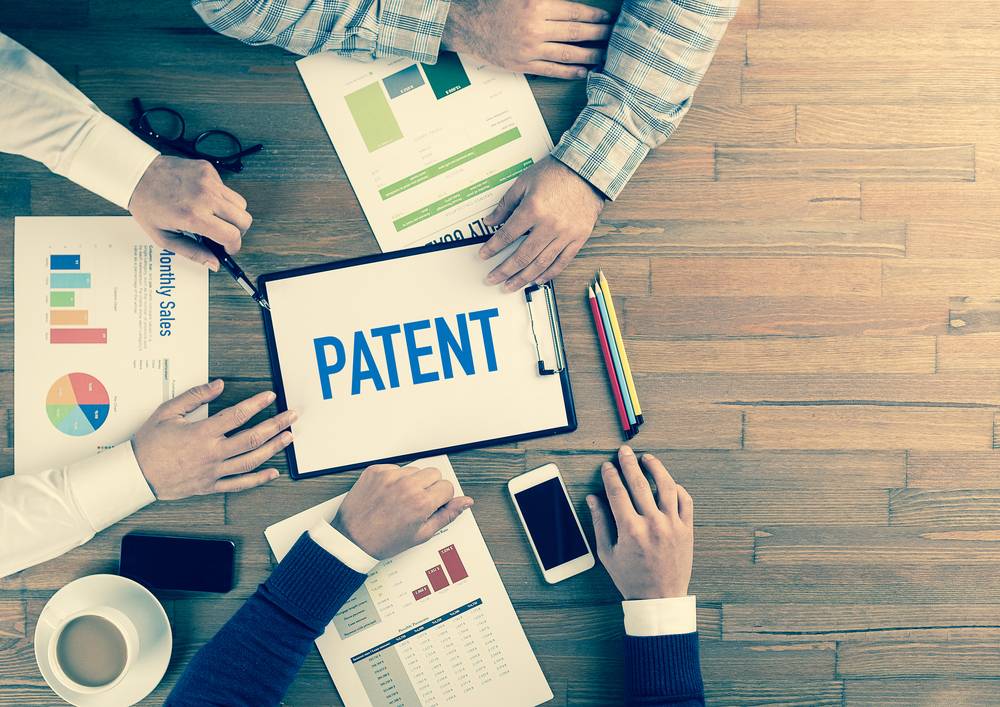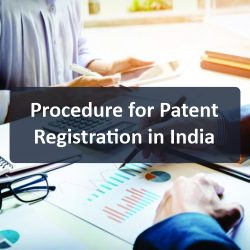Scheme of examination and investigation of Patent Registration in India
Scheme of examination and investigation
From the reading of the aforementioned Rule 24B, it is clear that the said rule provides for the process of examination of the patents. The said Rule also provides for the matters like under Section 11B, explanation appended to Section 16 under Rule 24B as purposes for which the request for examination is necessary and the consequent to which the examination report shall be issued. The said Rule 24B nowhere lays down for the purposes of Section 13(3) a similar procedure for filing the request for examination report as done for the other purposes which is again indicative of the view that Section 13(3) only provides a guideline as to the likeness in the manner of examination as a process but does not indicate that the clock relating to prosecution shall be set back and the re-examination in the form examination report can be insisted upon. It is thus still within the discretion of the controller whether to examine and investigate the said patent in the like manner as that of the original specification without issuing a formal examination report or he may proceed to issue the report as per he deems fit.

But the same cannot be insisted upon by the third party on the premises that the said examination process should actually result in the examination report when the Rule 24B does not provides for the said purpose a similar examination procedure, though controller may adopt the same approach of examination.
It is time to examine the submission made by the defendant that the examiner of the patent ought to have passed a speaking order as to how the objections stood removed when there were objections prior to the personal hearing. I find that the said submission though seems to be attractive but the same cannot be acceded to. This is due to the reason that the said order of personal hearing has to be read in the context alongside with the previous process of examination and investigation carried out by the patent office and responses thereto given by the applicant herein. The overall collective reading of the same would be determinate of the fact that whether there existed sufficient grounds for the examiner to satisfy himself or herself while arriving at the positive finding that the patent in question is fit for grant or not.
I wish to again reiterate that the process of examination and investigation is a matter between the examiner and the applicant till the time there is third party opposition is received, therefore, the same has to be adjudged from the same standpoint by ascertaining as to what was passing through the examiner’s mind when he or she proceeded to remove the said objections and what was the material placed before him or her. It would be unjust to examine the said examination process from the perspective of third party as the third party would come into the picture at the later stage during pre-grant opposition and no right of the third party would be deprived till the time of conclusion of examination and investigation as per the new scheme of the Act.
Opposition at a pre-grant stage to the Patent Application-Natural Justice

Therefore, advisedly right to object at a pre-grant stage has been given to ‘any person’ by the said amendment. This is an illustration of statutorily broadening the concept of locus standi and widening the scope of objection procedure by giving access to ‘any person’, who has a concern for public interest in the area of public health and nutrition, to raise an objection. The grant of patent registration is virtually a grant of monopoly right against the whole world and that is why such wide ranging right of objection has been designed given at a pre-grant stage.
The petitioners in this writ petition are asserting their rights and voicing their concern on a broad public interest angle. So, it cannot be said if their right is denied they will not suffer any prejudice by denial of an opportunity of hearing to them to establish their rights. A right is a legally protected interest. Therefore when law consciously confers right on a person to object at a pre-grant stage that right must be protected in the way it has been granted, namely the right to object with a right of hearing of patent registration in India. For a Court to dilute the said right on the basis of an interpretative process and by looking at it from a rather narrow angle, would, in our judgment, be a travesty of justice.
The argument advanced on behalf of the fourth respondent that the expression ‘the Collector shall hear’ in Section 25(1) (k) of the said Act should mean ‘the Collector may hear’ is not sound in law. Here we may refer to the provision for hearing which existed prior to the said amendment. Under the pre-amended Section 25(2) the provision relating to hearing is couched in the following words:
“25(2) where any such notice of opposition of patent is duly given, the Controller shall notify the applicant and may, if so desired, give to the applicant and the opponent an opportunity to be heard before deciding the case.” Therefore, it is clear that the expression may’ give the opponent an opportunity to be heard has been replaced by the word ‘shall hear’. Where legislature itself makes such alteration, making its intention clear in specific term, no option is left except to follow the strict letter of law.
As explained above, the concept of prejudice in a disciplinary inquiry is different from the concept of prejudice in the present case. Grant of patent virtually confers the right of monopoly, which is a right in rem granted in favor of the fourth respondent. Before such a right is granted, law has provided that right of objection to any person.
As the patent right is a right in rem, law by the 2005 Amendment confers right of objection also on very wide terms on any person. Law further mandates when objection in raised, the objector must be allowed to place his objection in a proceeding in which he should be personally heard. That is the language of Rule 55(5) and 55(6) of the Rules, which are quoted herein before. There is another age old principle which enjoins when statutes provides for doing something in a certain manner, it has to be done in that manner alone, all other modes of performance are necessarily forbidden. Following the said principle in the instant case it is clear that the grant of patent to the fourth respondent has been made in blatant violation of statutory procedure by the statutory authority, which is acting in a quasi-judicial capacity. Such a grant is not legally sustainable. The remedy at the post-grant stage cannot be equated with the remedy at the pre-grant stage. The insufficiency of the opportunity of hearing at the pre-grant stage cannot be made good by grant of opportunity at the post-grant stage. Since, statute has given remedy at both the stages, it must be made available at both the stages.

One cannot be a substitute for the other. An unfair trial cannot be cured by a fair appeal. In view of those principles the third respondent is required to act with a greater application in view of the specific stipulations for consideration contained in Rule 55(6), read along with Section 25(1)(k) of the Act. So by denying a personal hearing to the petitioner before deciding the petitioner’s objection, the third respondent acted wholly without jurisdiction in its order of grant of patent in favor of the fourth respondent. The grant of patent is thus as non-established in law and consequently is liable to be set aside.